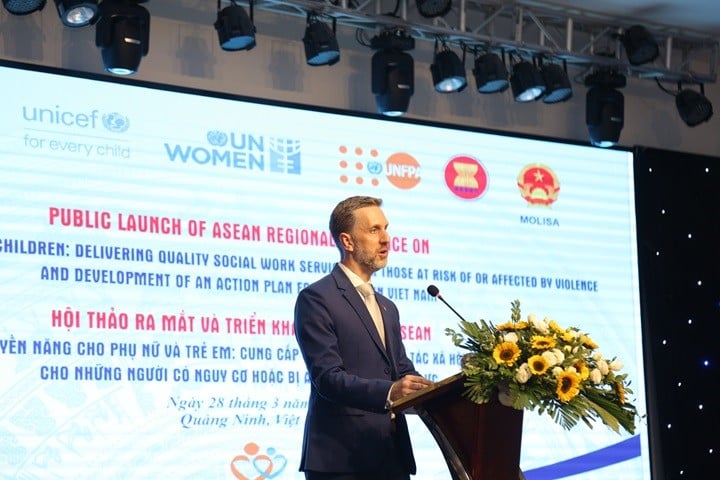 |
| UNFPA Representative in Vietnam Matt Jackson shared at the Workshop on Launching and Implementing the ASEAN Guidelines on Empowering Women and Children. (Photo: PH) |
Sharing at the Workshop on launching and implementing the ASEAN Guidelines on Empowering Women and Children (ASEAN Guidelines) recently in Quang Ninh, Chief Representative of the United Nations Population Fund (UNFPA) in Vietnam Matt Jackson commented that: "Most women and girls who experience violence do not speak up. This is a reality not only in Vietnam, other ASEAN countries but also in most countries in the world".
How to make victims of violence dare to break the dark space of silence to speak up is the concern of many experts, social organizations and many delegates attending the Workshop in the face of an alarming reality of violence in ASEAN, the region, including Vietnam.
The numbers "talk"
According to the ASEAN Guidelines, the estimated prevalence of physical abuse among boys and girls in the region ranges from 10-30.3%; sexual abuse from 1.7-11.6%; emotional abuse from 31.3-68.5%; and child labor from 6.5-56%. Furthermore, three out of four children in the region experience violent discipline from their teachers or parents.
Social media platforms and other technologies have created new forms and manifestations of violence against women and children, while exacerbating existing forms of violence in terms of scale, speed, and scope in which they occur. According to a recent study, globally, 85% of women and girls have experienced or witnessed some form of gender-based violence online or using technology, and the rate of online violence against women in the Asia-Pacific region is 88%.
In Viet Nam, the results of the UNFPA-supported National Study on Violence Against Women in Viet Nam in 2019 showed that nearly two-thirds of women (62.9%), aged 15 to 64, had experienced at least one form of violence by a husband or intimate partner in their lifetime, and 4% of women reported having been sexually abused before the age of 15.
According to the 2021 Vietnam SDGs Indicators Survey on Children and Women (by the General Statistics Office and UNICEF), 72% of Vietnamese children aged 1 to 14 are subjected to violent punishment by family members. There are no official statistics on violence against children. Every year, 2,000 cases of child abuse are reported, of which about 75% are sexual abuse.
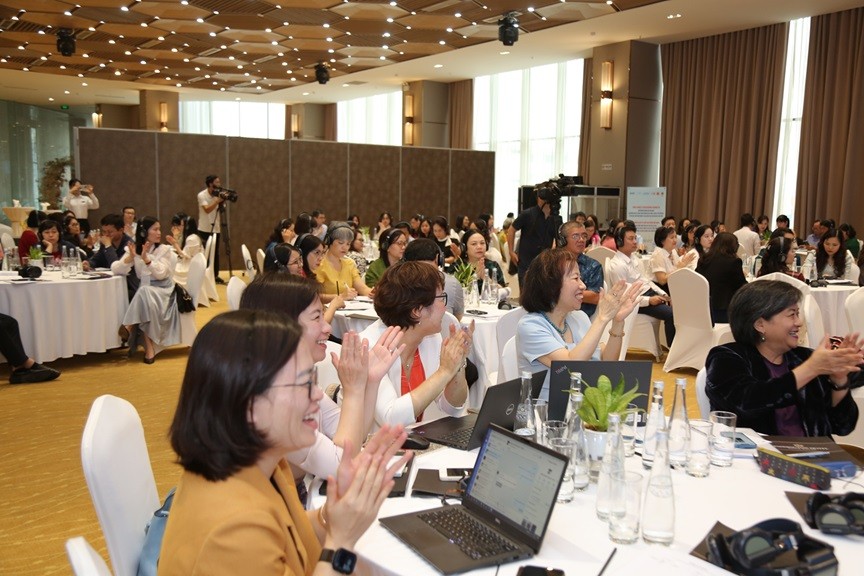 |
| Delegates attending the Workshop on Launching and Implementing the ASEAN Guidelines on Empowering Women and Children. (Photo: PH) |
The Healing Medicine
Most of the delegates at the Workshop agreed that in order for victims of violence to dare to speak up and their pain to be healed soon, providing quality social work services to those at risk or affected by violence plays an extremely important role. ASEAN, including Vietnam, needs to improve social work services, including training a team of professional social workers to carry out this important "mission".
At the workshop, Acting Development Counsellor, Australian Embassy in Vietnam Majdie Hordern shared practices that she believes ASEAN countries or Vietnam can learn from to develop social work services in their countries. According to Ms. Majdie Hordern, Australia has made many efforts to make ending violence a priority to achieve an equal and happy society as desired. Since 2002, Australia has built a national plan with a 30-year vision to end violence against women and girls, this plan has the synchronous participation of many functional agencies.
In particular, Australia focuses on investing in violence prevention programs, shelters, and training social workers, which is a top priority because this is the force that helps victims. "In Australia, the social work force is standardized, professional, and respected. Social workers are present in agencies and organizations and have a mission to bring social justice," Ms. Majdie Hordern shared.
At the workshop, Chief Representative of the United Nations Children's Fund (UNICEF) Rana Flowers highly appreciated the efforts of many ASEAN countries, including Vietnam, in developing social work services in educational institutions and hospitals.
Over the past two decades, with the support of UNICEF, social work service centers and facilities have been established in almost every province and city in Vietnam. Staff at these facilities have been trained to provide support and protection services and referrals to thousands of children and women who are victims of domestic violence, human trafficking, and other forms of child abuse.
UNICEF and UN Women are working with the Vietnam Women’s Union to support the recovery and reintegration of women and children who are victims of violence, human trafficking and child abuse, in particular through the Peace House. Established in 2007 by the Vietnam Women’s Union, the house is a refuge for women and children who have been victims of gender-based violence, child abuse and human trafficking. The house has provided free comprehensive support services to nearly 2,000 women and children who have been victims of violence, including justice, life skills and safe and sustainable reintegration.
What Ms. Rana Flowers hopes is that Vietnam and other member countries will pay more attention to training social workers. Social workers should not only be those who have graduated from short-term courses but also need a long-term, systematic training path such as university training or higher to be able to do this important task better.
Expressing her determination to further promote social work services in the Philippines and calling for cooperation from other ASEAN members, Philippine Senior Official Representative for Social Welfare and Development Usec Vilma Caberera emphasized: "Women must be able to live a life free from violence regardless of who they are, without fear of violence. That is the key and purpose that ASEAN is aiming for."
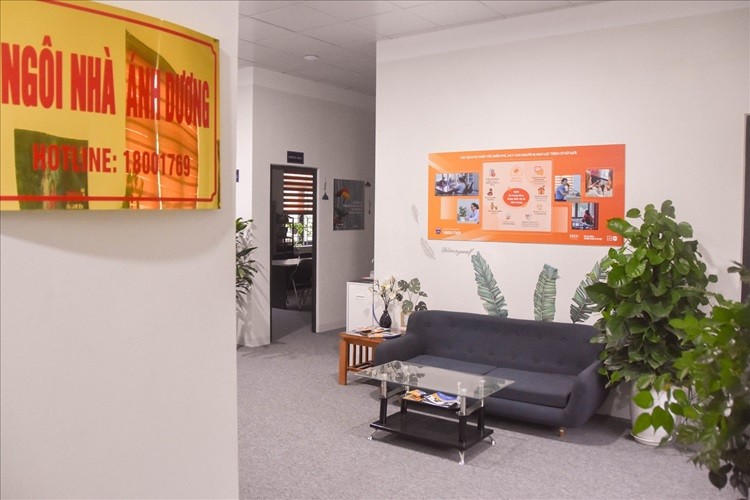 |
| The Anh Duong House in Quang Ninh is one of the facilities providing essential services to women and girls affected and/or at risk of gender-based violence and domestic violence. (Photo: DT) |
Ways to the future
United Nations Population Fund (UNFPA) Representative Matt Jackson said there are always ways out that open up new futures for victims of violence who dare to speak up for their legitimate rights.
Mr. Matt Jackson shared at the Workshop: "I recently had the opportunity to meet a retired teacher and a victim of domestic violence, her name is Mai. She shared her story at one of the UNFPA-supported One Stop Service Centers in Vietnam. Mai suffered for many years due to violence from her husband and was blamed by everyone for all the violence. Fortunately, with psychological support and counseling from social work service providers, Mai now has a much better life, an independent life, with knowledge and confidence about her future. She always hopes that many other women in the same situation as her will have a good life like her now".
Stories like Ms. Mai’s, according to Mr. Matt Jackson, are the motivation for UNFPA to work with Vietnam to build truly high-quality, practical and life-changing social work services. Mr. Matt Jackson especially emphasized the Sunshine House model - a place that provides essential services to women and girls affected and/or at risk of gender-based violence and domestic violence.
Currently, UNFPA has supported Viet Nam in the construction of four Sunshine Houses in Quang Ninh, Thanh Hoa, Da Nang and Ho Chi Minh City. UNFPA is planning to support the opening of four more facilities in Viet Nam. Since 2020, the Sunshine Houses have supported nearly 1,600 survivors of gender-based violence, and their hotline, along with the hotline 18001768 run by the Central Committee of the Viet Nam Farmers’ Union, has received more than 3,500 calls related to gender-based violence.
“It is important that these centres always put the person and their needs at the centre of their support. During my work trips, I learned that the need for support is very high and, as we all know, the majority of people who experience gender-based violence do not speak out or do not seek help. This is a challenge that we know exists in every country. In Viet Nam, UNFPA, together with the Government of Viet Nam, the Government of Australia and the Korea International Cooperation Agency (KOICA), will provide technical and financial support to replicate more Sunshine Houses,” said Mr. Matt Jackson.
Source




![[Photo] "Beauties" participate in the parade rehearsal at Bien Hoa airport](https://vstatic.vietnam.vn/vietnam/resource/IMAGE/2025/4/11/155502af3384431e918de0e2e585d13a)

![[Photo] Looking back at the impressive moments of the Vietnamese rescue team in Myanmar](https://vstatic.vietnam.vn/vietnam/resource/IMAGE/2025/4/11/5623ca902a934e19b604c718265249d0)



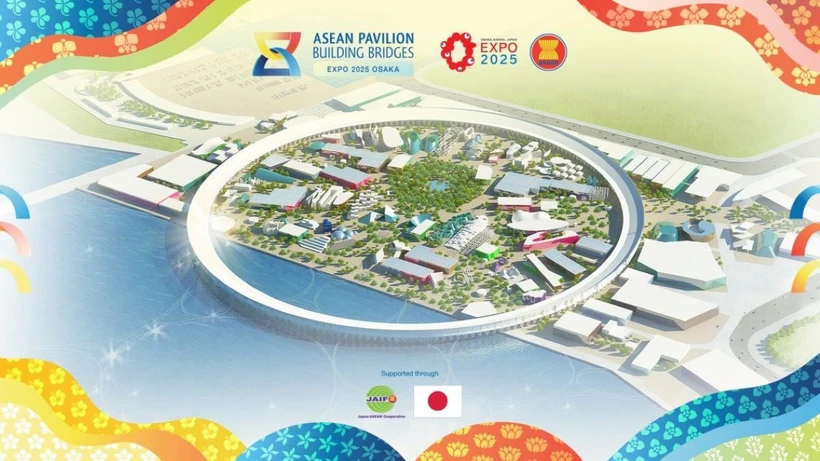

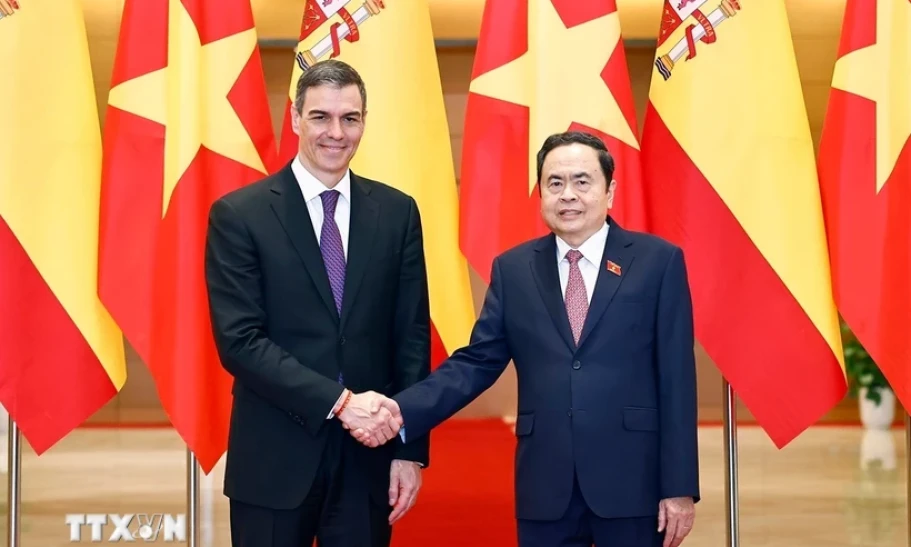

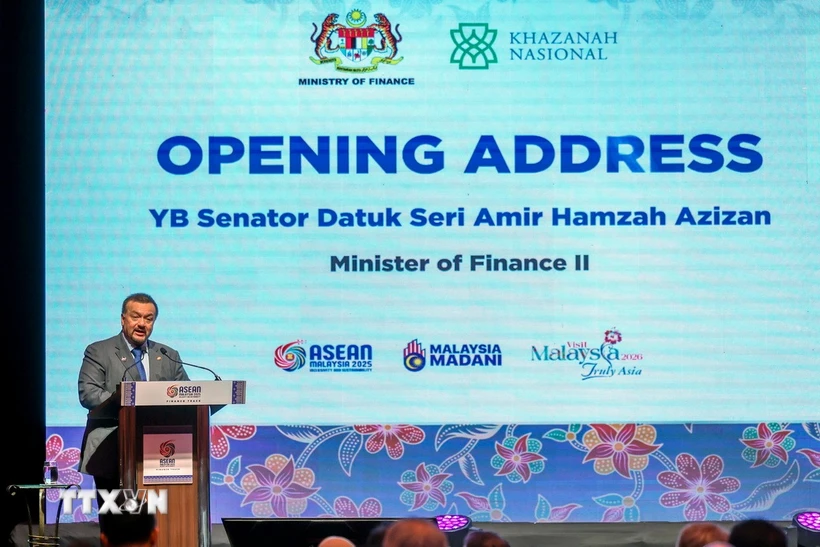
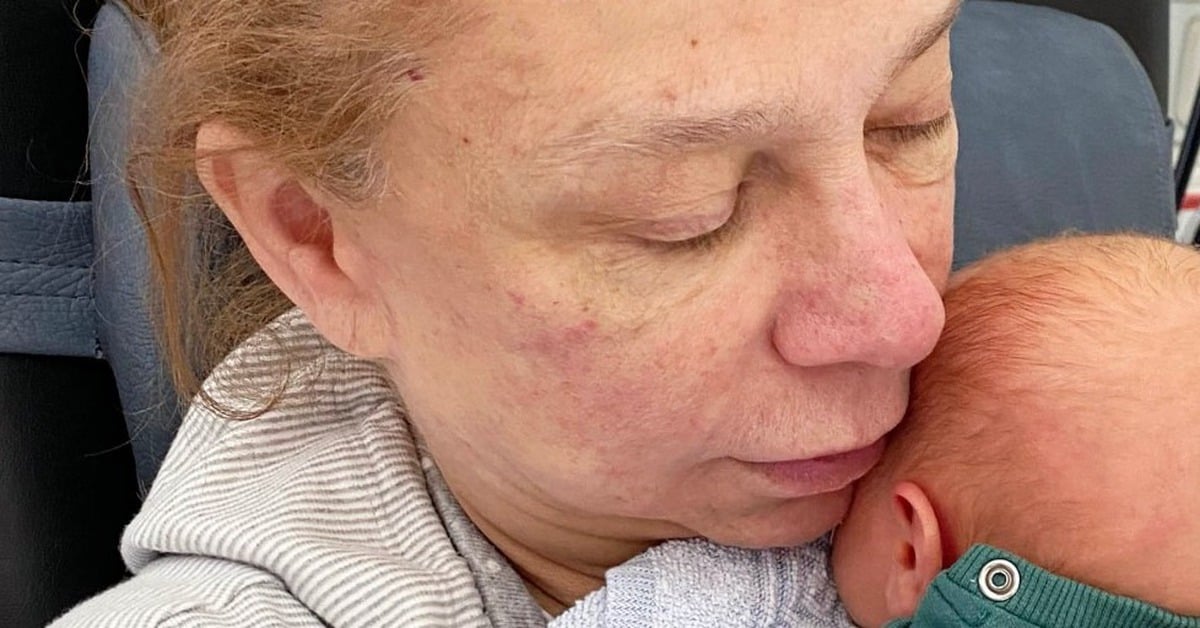

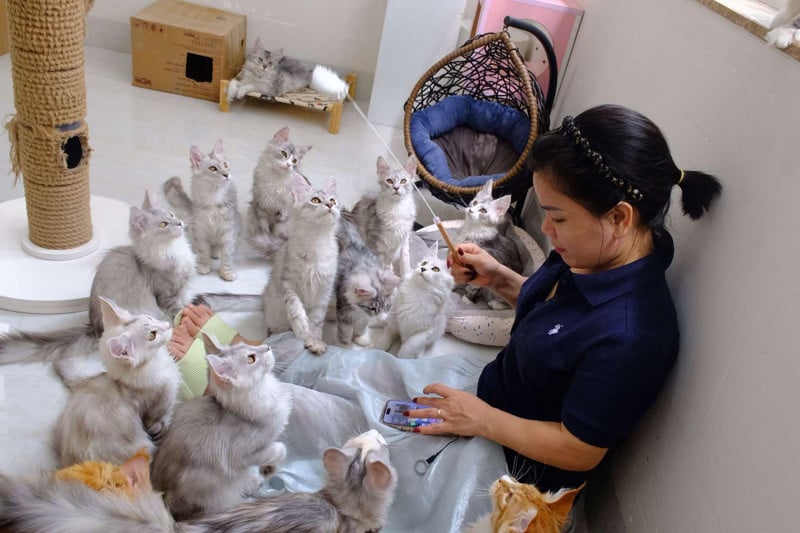




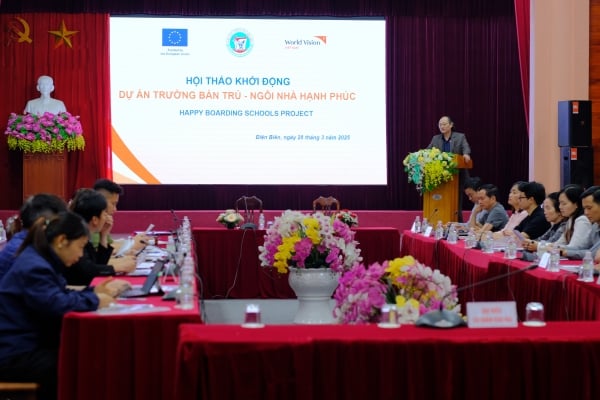
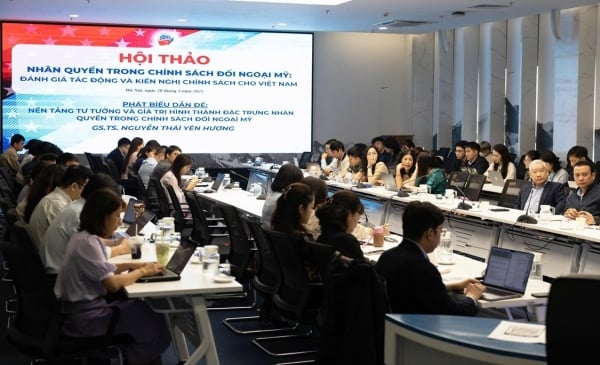


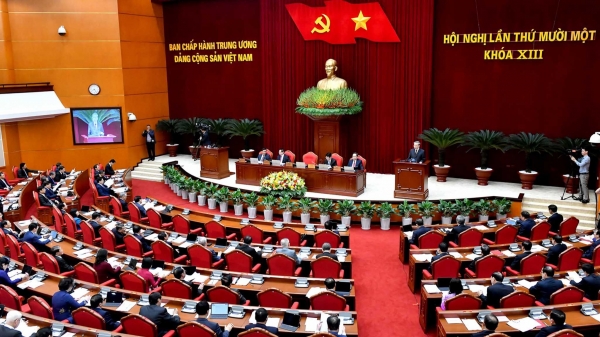
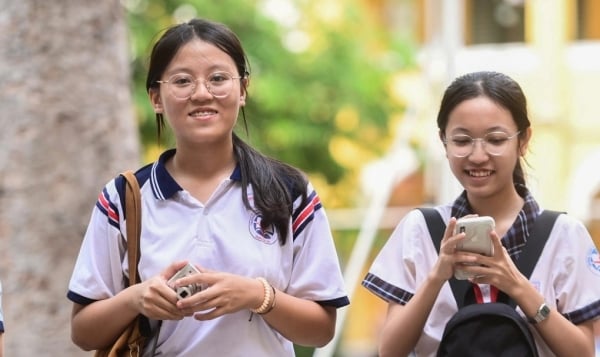
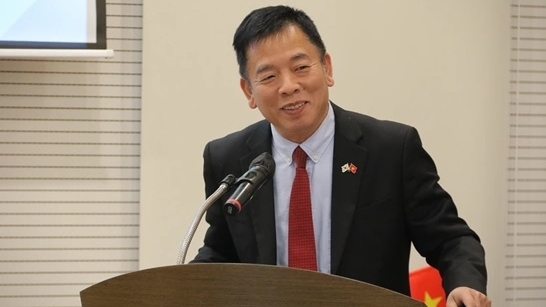
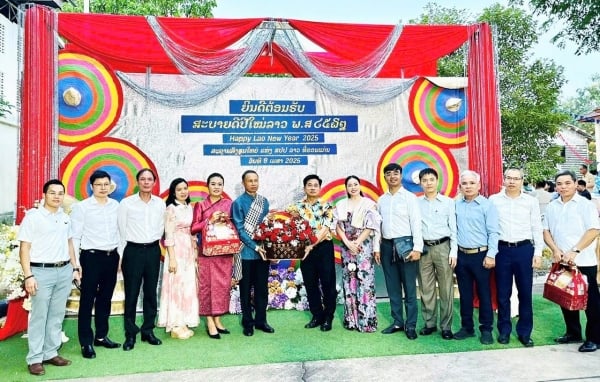

![[Photo] Summary of parade practice in preparation for the April 30th celebration](https://vstatic.vietnam.vn/vietnam/resource/IMAGE/2025/4/11/78cfee0f2cc045b387ff1a4362b5950f)






































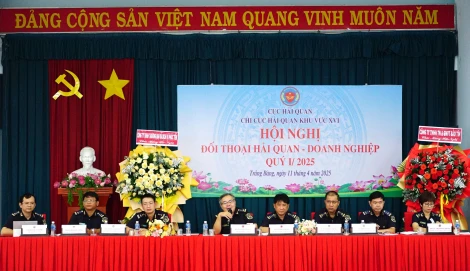
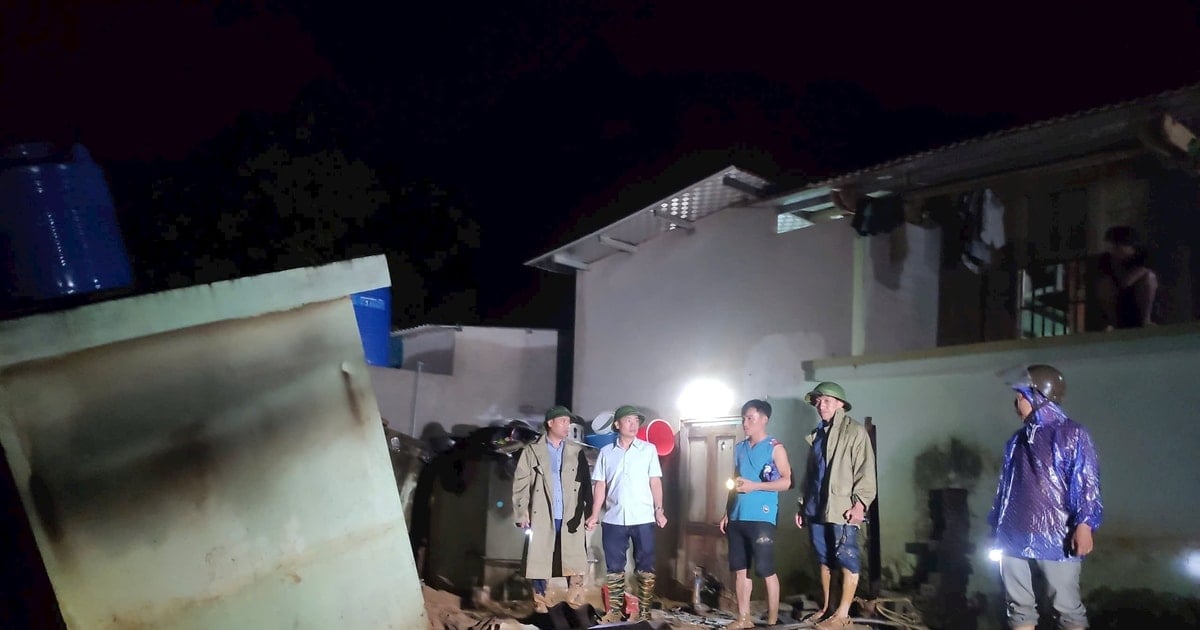

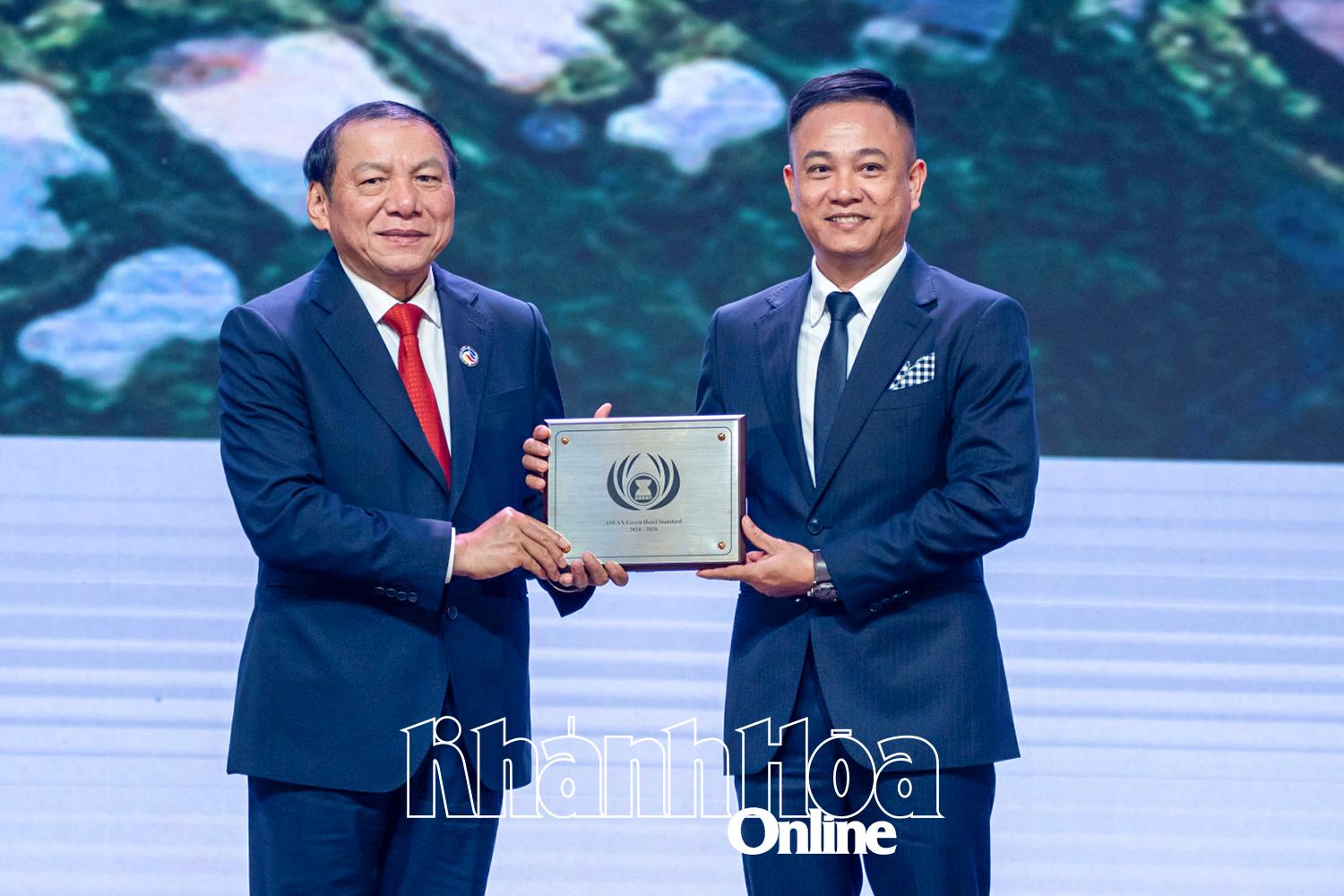

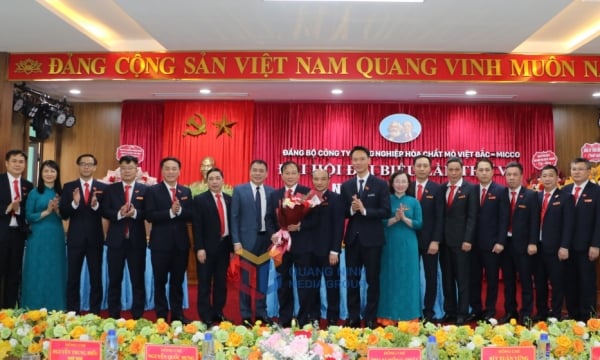
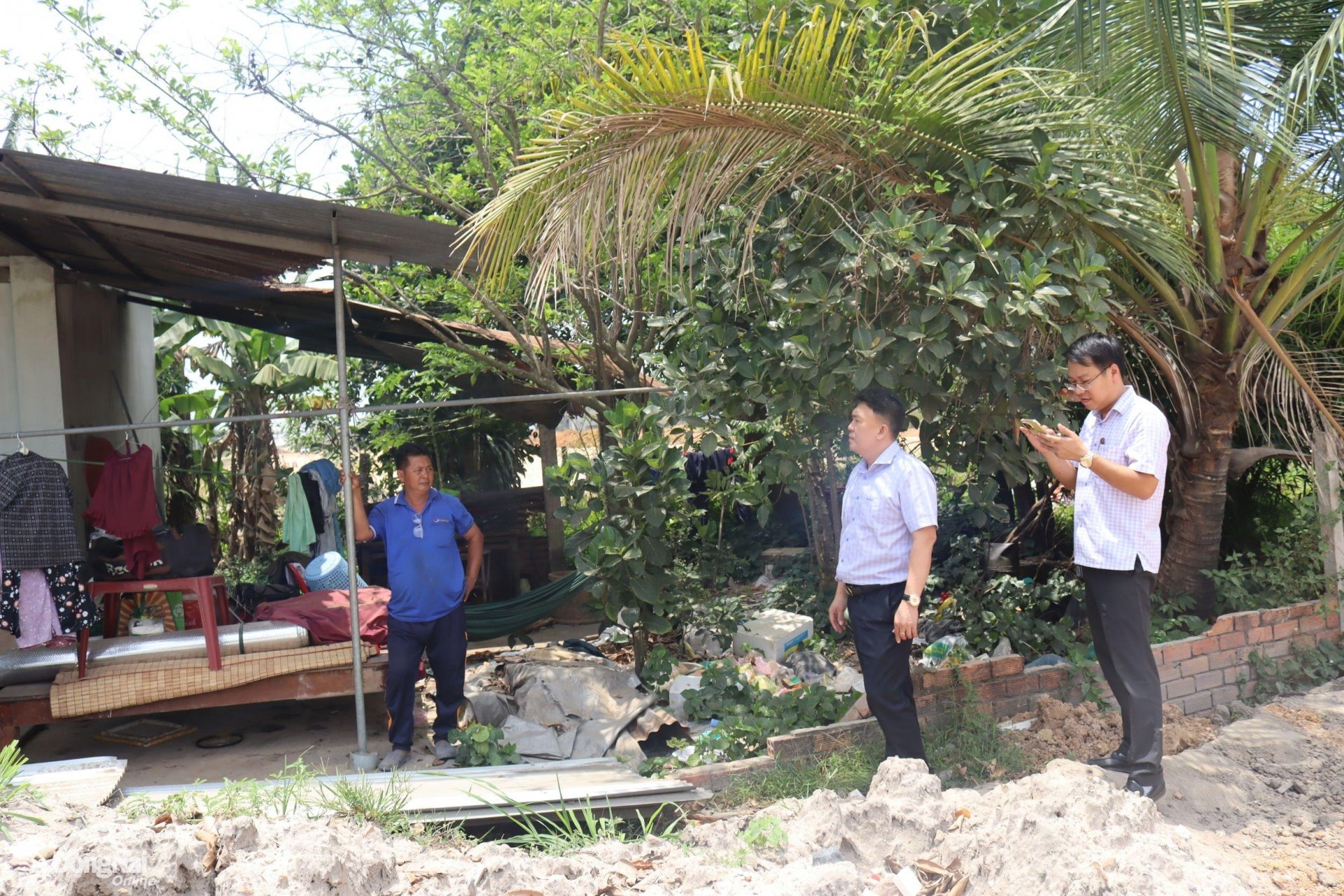

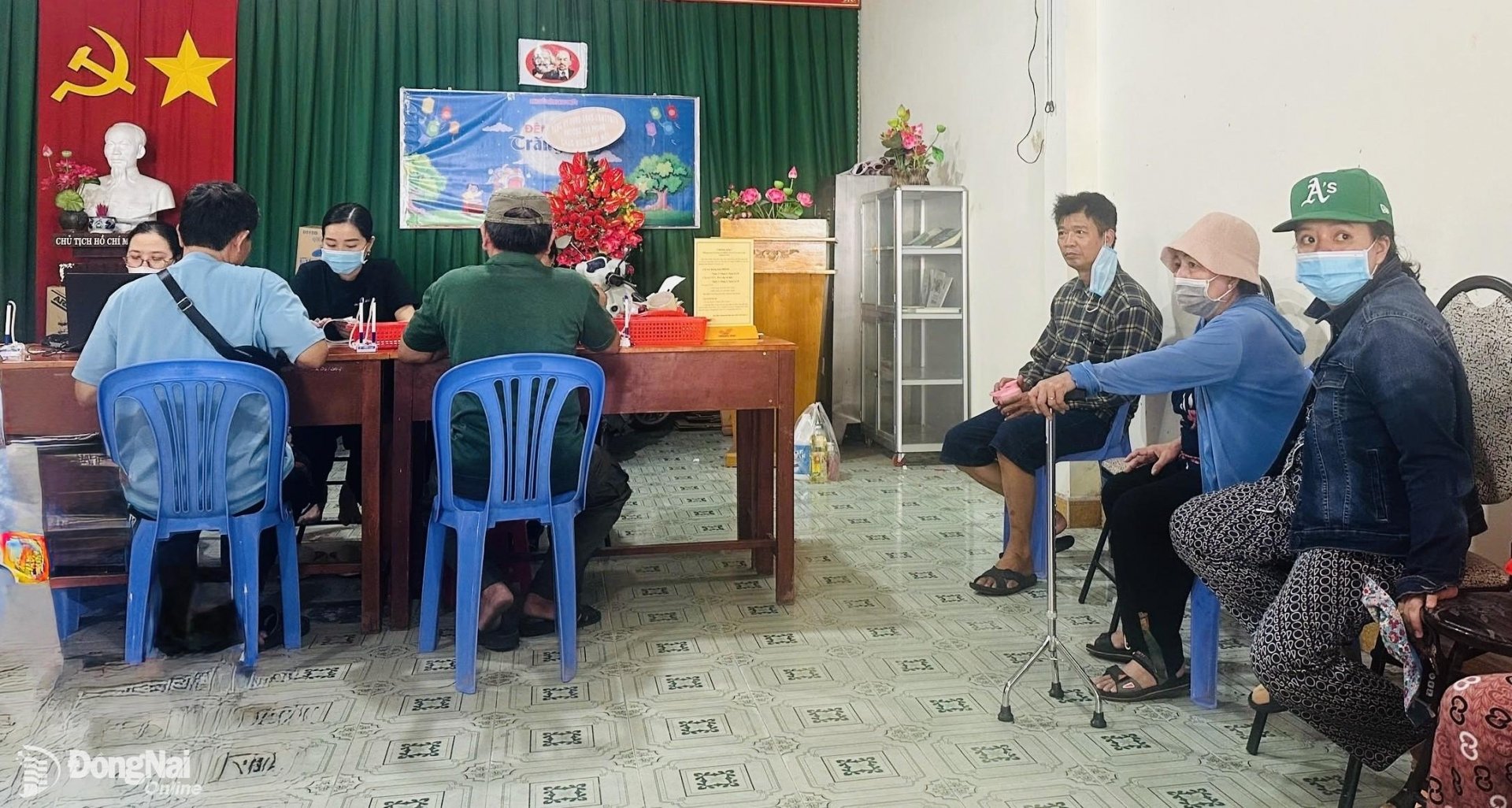











Comment (0)